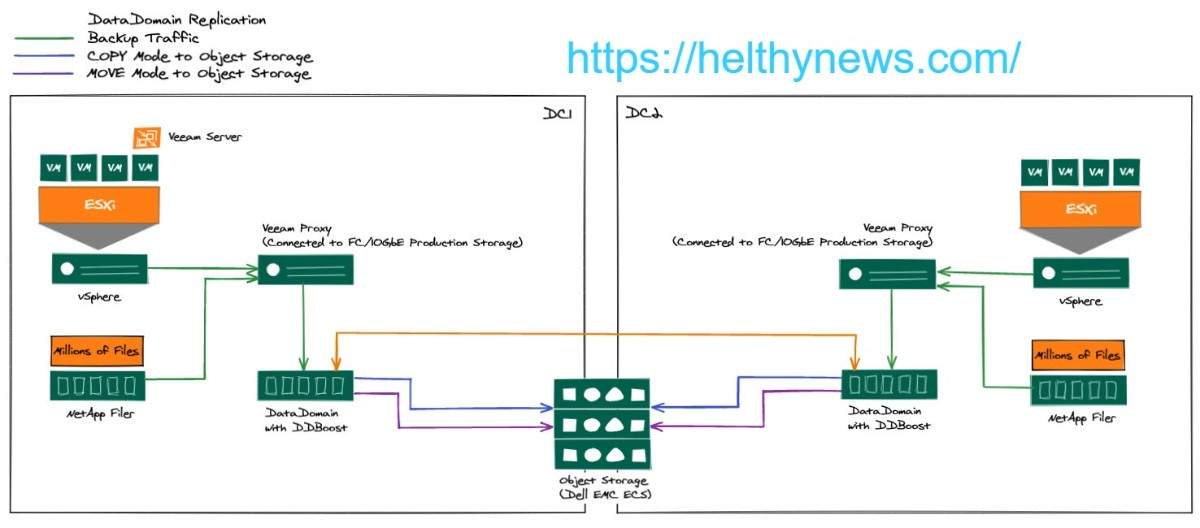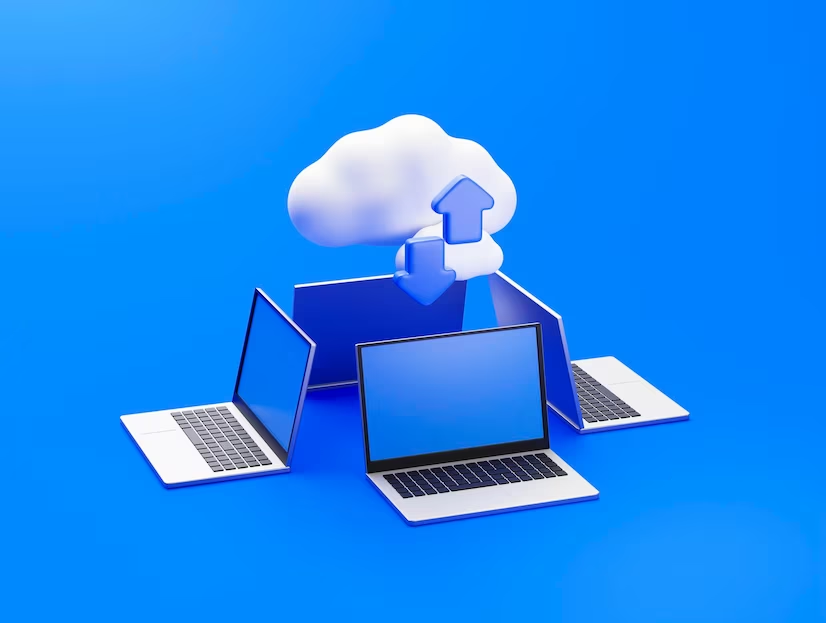ERP (Enterprise Resource Planning) systems are essential for businesses to manage their operations efficiently and effectively. There are many ERP solutions available in the market, but Business Central and Odoo are two of the most popular. In this blog, we will compare Business Central and Odoo ERP to help you determine which one is the best fit for your business.
Key Features:
Business Central:
- Business Central is a cloud-based ERP solution that offers robust financial management, supply chain management, and project management capabilities.
- It has a modern and user-friendly interface that is designed to streamline business processes and improve efficiency.
- Business Central integrates with other Microsoft products, such as Excel and Power BI, providing users with a seamless experience.
Odoo:
- Odoo is an open-source ERP solution that offers a wide range of modules, including accounting, project management, inventory management, and e-commerce.
- It is highly customizable, allowing businesses to tailor the software to meet their specific needs.
- Odoo provides a mobile app, enabling users to access the system from anywhere, at any time.
Ease of Use:
Business Central:
- Business Central is designed to be user-friendly and easy to use, with an intuitive interface that makes navigation simple.
- The software offers step-by-step guidance for completing tasks, reducing the learning curve for new users.
- Business Central integrates with other Microsoft products, providing users with a familiar and seamless experience.
Odoo:
- Odoo has a modern and intuitive interface that is easy to use and navigate.
- The software offers a wide range of tutorials and resources to help users get started, reducing the learning curve for new users.
- The open-source nature of Odoo means that businesses can access a large community of users and developers for support and guidance.
Cost:
Business Central:
- Business Central is a subscription-based service, with pricing starting at $70 per user per month.
- The cost of the software increases with the number of modules and features that are added.
- Business Central requires a significant investment up front, which may not be feasible for smaller businesses.
Odoo:
- Odoo is an open-source solution, so there is no cost to download and use the software.
- Businesses will need to pay for hosting, support, and customization services if they want to use the software.
- The cost of Odoo is highly customizable, allowing businesses to only pay for the modules and features they need.
Customization:
Business Central:
- BC offers limited customization options, with a focus on streamlining business processes and improving efficiency.
- The software integrates with other Microsoft products, but customizing the software beyond that can be challenging.
Odoo:
- Odoo is highly customizable, allowing businesses to tailor the software to meet their specific needs.
- The open-source nature of Odoo means that businesses can access a large community of users and developers for support and guidance.
- Odoo provides a wide range of modules and features, allowing businesses to add new capabilities to the software as they grow.
When choosing between Business Central and Odoo, it’s important to consider the specific needs of your business. If you’re looking for an ERP system with a focus on financial management and ease of use, Microsoft Business Central may be the better choice. However, if you’re looking for a highly customizable ERP system that can grow and evolve with your business, Odoo may be the way to go.
Ultimately, the best ERP system for your business will depend on a variety of factors, including your budget, business size, and specific needs. By carefully considering the key features, ease of use, cost, and customization options of each system, you can make an informed decision about which ERP system is best for your business.
Conclusion
Both Business Central and Odoo ERP are excellent options for businesses looking to improve their operations and streamline their processes. BC is a cloud-based ERP solution that offers robust financial management, supply chain management, and project management capabilities, but is limited in terms of customization options. On the other hand, Odoo is an open-source ERP solution that offers a wide range of modules and customization options, making it a good choice for businesses looking for flexibility and control over their ERP system.















Leave a Reply